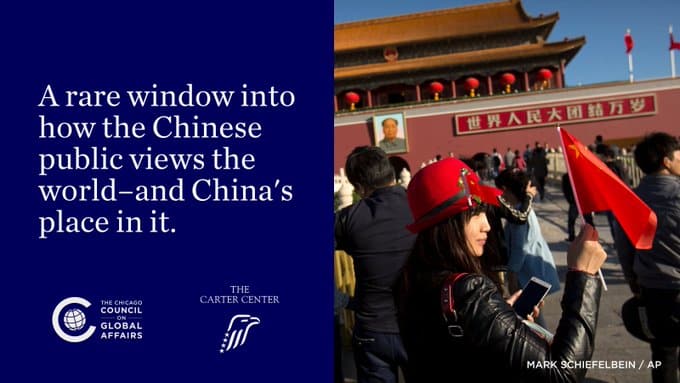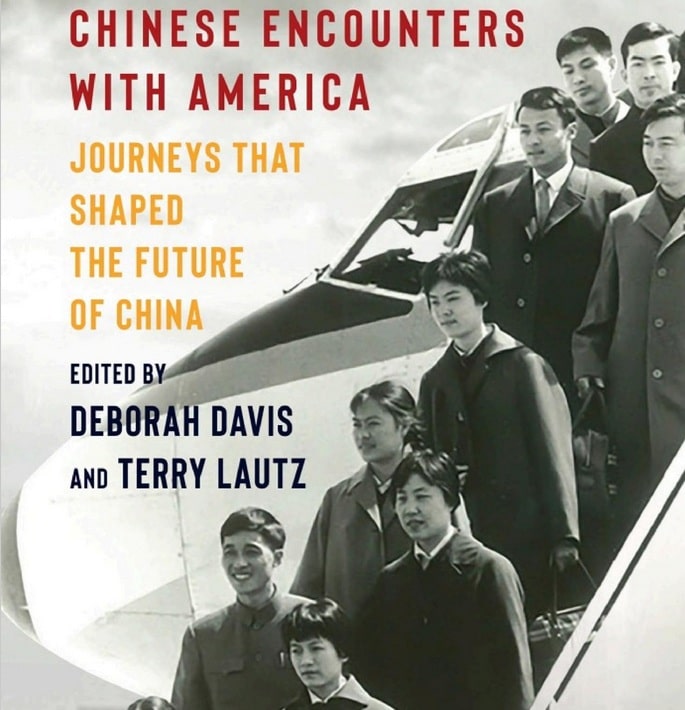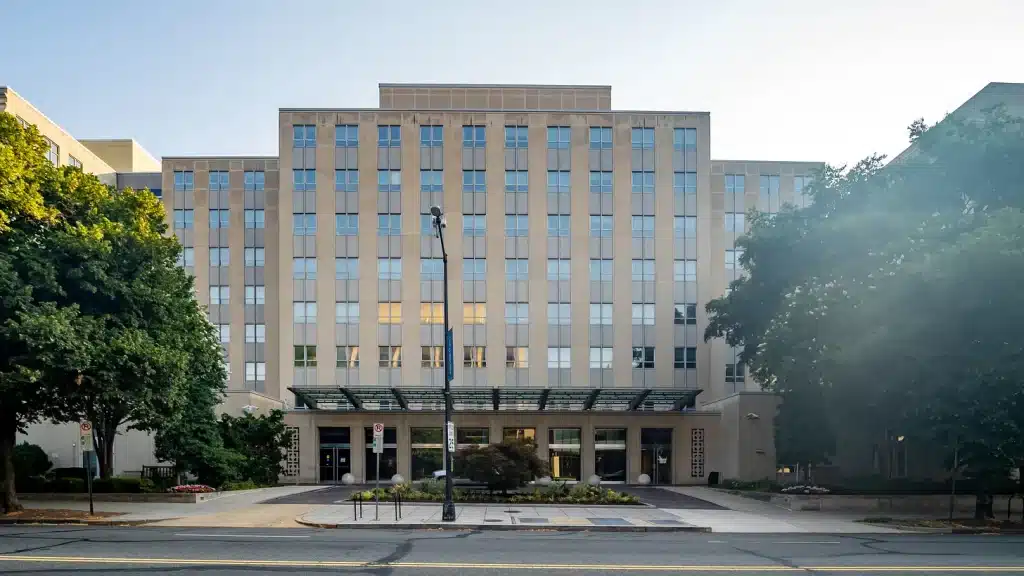Efforts To Revive Afghan Peace Talks Continue In Pakistan
Representatives from Pakistan, Afghanistan, the United States and China met in Islamabad on Saturday to continue work on a roadmap for peace talks with Taliban insurgents who have ramped up their violent campaign against the government in Kabul.
The talks are part of the latest effort to find a negotiated end to nearly 15 years of war in Afghanistan, a conflict that has killed thousands of civilians and crippled the nation’s economy.
The Pakistani prime minister’s foreign affairs adviser Sartaj Aziz said in opening remarks in the Pakistani capital that he hoped the group would finalize a roadmap on Saturday to outline a way forward for direct dialogue between the Afghan government and Taliban groups.
“We are confident that the process would lead to a significant reduction in violence (in Afghanistan),” Aziz said.
“We have to exert all our efforts and energies for keeping the process on track.”
Peace efforts broke down last year after it became known the Taliban movement’s founder and leader Mullah Mohammad Omar, who sanctioned the talks, had been dead for two years, exposing deep fissures within the insurgency.
In January, the group made a raft of demands to be met as a pre-condition to joining talks, including the removal of the group from a U.N. blacklist, formal recognition of a political office for the group and the release of political prisoners.
Some observers were skeptical those demands would be met and there have also been doubts about whether competing factions of the Taliban that have been fighting for control of the movement will be willing to join.
Nevertheless, the Afghan government has said it expects at least parts of the Taliban to agree to peace talks within six months, Chief Executive Abdullah Abdullah told Reuters in New Delhi last week.
“There might be groups among the Taliban who might be willing to talk and give up violence,” Abdullah said, declining to give further details.
He said the countries involved in the four-way talks were discussing where to hold Afghan-led peace talks once some Taliban groups decide to come to the table, and how to address the problem of the groups who do not.
By KRISTA MAHR and ASAD HASHIM. Feb. 6, 2016 on Reuters.
Read more here








